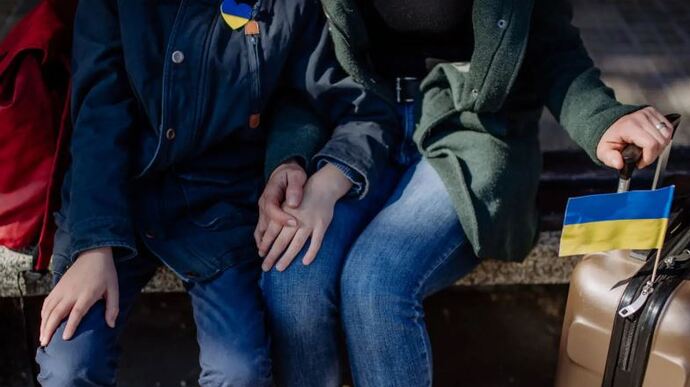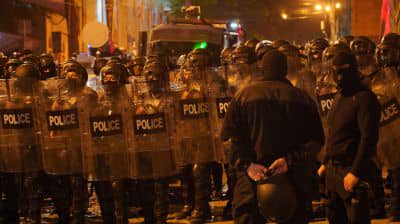Ukrainians stay psychologically tough because of war – new research

STANISLAV POHORILOV — TUESDAY, 13 SEPTEMBER 2022, 20:07
The current phase of "psychological mobilisation" among Ukrainians caused by the war continues, and their subjective assessment of their mental health is relatively high, said Svitlana Chunikhina, deputy director of the Institute of Social and Political Psychology at the National Academy of Educational Sciences of Ukraine. She was commenting on the results of a study entitled "The Psychological State of the Population of Ukraine in a Full-scale War".
Source: Interfax-Ukraine, with reference to Chunikhina's press conference
Quote from Chunikhina: "Despite the circumstances of the war, Ukrainians’ subjective assessment of their psychological well-being is relatively high — [it is] 6.7 points out of a possible 9. This is typical for all demographic groups and regions, but the subjective assessment of psychological well-being among internally displaced persons who continue to live as evacuees is lower than among those who have not been displaced or have already returned home."
Details: However, according to Chunikhina, "there may not be enough resources to support psychological mobilisation in society on an ongoing basis."
According to the study, 40% of respondents had experienced a threat to their own lives and directly witnessed such threats due to being in a war zone, under fire. More than 41% of [Ukrainian] citizens have relatives or friends who were or are in a war zone, including 16% who have lost someone close to them.
"6% of respondents had lived under occupation and experienced an immediate threat of violence or witnessed such threats. One in 20 respondents (5%) had experienced hypercumulative traumatisation – that is, experienced or witnessed all these types of traumatic events: shelling, threats to the lives of [their] loved ones, occupation or captivity," the expert said.
In addition, the study showed that more than 90% of respondents had at least one of the symptoms of post-traumatic stress disorder [PTSD], and 57% of citizens are at risk of developing it.
Chunikhina noted that "despite people’s optimistic subjective assessments of their own [mental] state, the objective indicators are a cause for concern."
For example, over the past month, only 3% of respondents had received any psychological help, and another 23% would like to see a psychologist but have not done so yet.
In turn, Oleksandra Mashkevych, the Director General of the Directorate of Medical Services of Ukraine’s Ministry of Health, said that the Ministry estimates that in the post-war period, more than 15.7 million Ukrainians will face psychological problems, 3.5 million people will need therapy and support from psychiatrists, and about 800,000 Ukrainians will seek medical help.
Journalists fight on their own frontline. Support Ukrainska Pravda!







